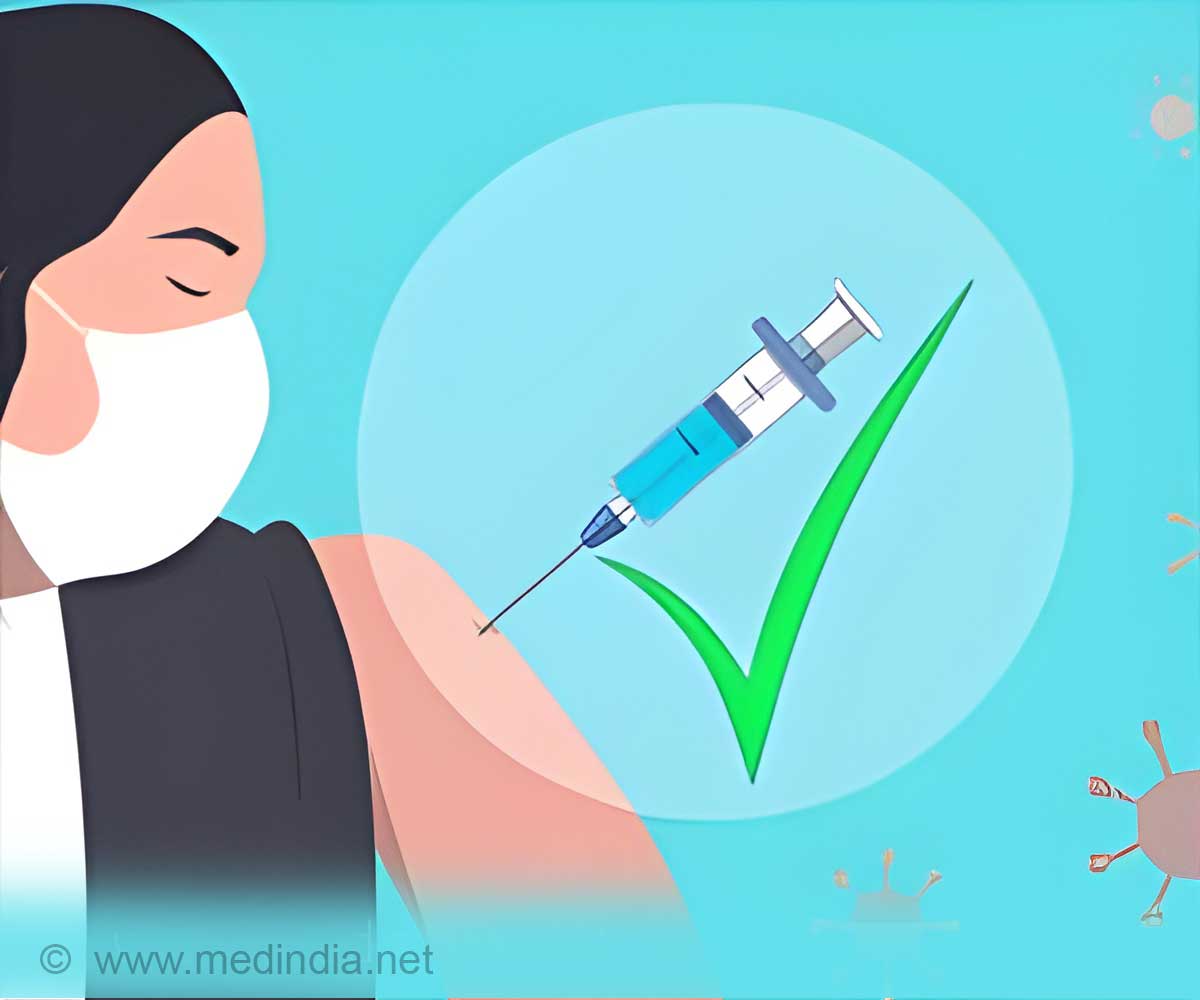as per the World Health Organisation (WHO). Globally, the disease affects approximately 24 million people and the number is expected to double every 20 years.
‘Onset of Alzheimers disease from brain images can be predicted with more than 99 % accuracy as per a newly developed deep learning-based method algorithm. This may help notify the medical personnel about the anomalies related to the early onset of Alzheimers disease and aid in better treatment.’
The study team analyzed the functional MRI images from 138 subjects to develop the algorithm using a modification of well-known fine-tuned ResNet 18 (residual neural network). The images were categorized into six different sects: from healthy through the specter of mild cognitive impairment (MCI) to Alzheimer’s disease.
The New Algorithm
A total of 51,443 and 27,310 images were selected for training and validation from The Alzheimer’s Disease Neuroimaging Initiative fMRI dataset.
The AI (Artificial Intelligence) method was found to have better performance in terms of accuracy, sensitivity, and specificity than previously developed methods. The MCI features in the given dataset were detected with an accuracy of 99.99%, 99.95%, and 99.95% for early MCI vs. AD, late MCI vs. AD, and MCI vs. early MCI, respectively.
The study thereby affirms that this algorithm could be developed into the software which would help notify the medical personnel about the anomalies related to the early onset of Alzheimer’s disease and aid better treatment.
“Although this was not the first attempt to diagnose the early onset of Alzheimer’s from similar data, our main breakthrough is the accuracy of the algorithm. Obviously, such high numbers are not indicators of true real-life performance, but we’re working with medical institutions to get more data. Technologies can make medicine more accessible and cheaper. Although they will never (or at least not soon) truly replace the medical professional, technologies can encourage seeking timely diagnosis and help”, says Rytis Maskeliūnas, a researcher at the Department of Multimedia Engineering, Faculty of Informatics, Kaunas University of Technology (KTU), Odusami’s Ph.D. supervisor.
Source: Medindia



